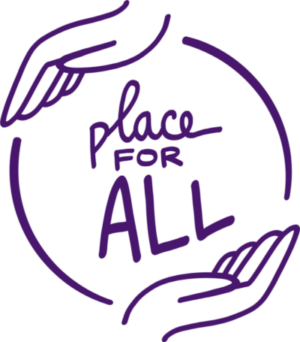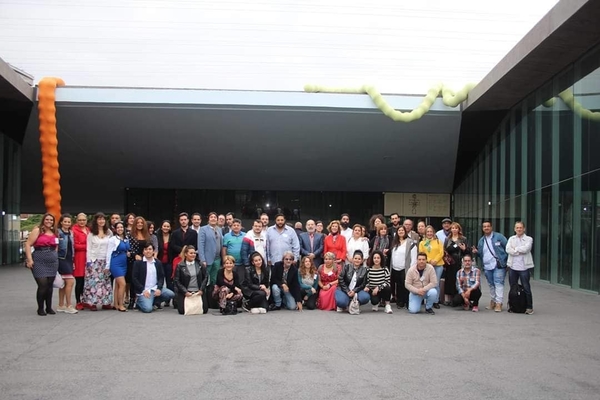Call for European Solidarity Corps placement in ERGO Network
ERGO Network is looking for an enthusiastic and active young Roma who would like to join our office team in Brussels for 12 months in the framework of the European Solidarity Corps.
- When: September 2020 to August 2021
- Where: ERGO Network office in Brussels, Belgium
- Who: Young Roma professional between 18 and 30
- Deadline for applications: 30 June 2020
During the 12 months in ERGO, you will learn about international advocacy, help us organise international meetings and events and get actively involved in Roma activism and international Roma networks in Brussels.
Your main tasks will be:
- Communication and visibility: contribute to the update of the ERGO Network and RomaReact websites and social media channels; development of creative approaches and publicity work to promote our activities and mission and a positive image of Roma.
- Researching and reporting: Assisting ERGO’s research work e.g. on cases of inequality and antigypsyism all over Europe.
- Advocacy and policy: Support ERGO staff in EU advocacy work on poverty reduction, social inclusion and antigypsyism; attend debates, hearings and meetings with other stakeholders to challenge stereotypes and racism, build partnership with Roma and non-Roma organizations from Belgium and other European countries.
- Meetings and seminars: Assist in the organisation of meetings, events and international seminars of ERGO Network and its partners, e.g. our Advocacy Academy, Annual Members Meeting etc.
Your profile:
- Young Roma between 18 and 30 years living in an EU member state or Macedonia or Turkey
- Good English language skills, both oral and written
- Computer literacy (experience with Microsoft office package and social media)
- High motivation to learn more about Roma activism and advocacy work and to contribute to a small but very active European NGO
- Previous involvement in Roma or (pro) Roma NGOs will be considered an advantage
- Reliable, well organised and with attention to detail
You will work not more than 38 hours per week, including your language course. Working hours will be from Monday to Friday between 9:00 – 17:00. However, working hours can be adapted to your needs and the activities you will be involved in.
We aim to support young people who are enthusiastic about our cause and want to gain experiences that can be later transferred to national or local NGOs. We especially welcome applications from people who are motivated to challenge stereotypes, antigypsyism and racism and who show an open attitude for a unique learning and life experience, as well as a volunteer spirit of creativity, initiative, responsibility and independence.
We offer:
- An allowance of 1049 Euro that includes money for accommodation, meals, local transport, language course and pocket money
- Travel costs to Brussels (a lump sum depending on the distance to Brussels)
- Health insurance for the whole year
- On-arrival training with other Solidarity Corps volunteers, and lots of learning and development opportunities with ERGO Network and our partners
- An exciting and unforgettable experience, working for an international organisation in an international city!
How to apply:
Please send your motivation letter (1 page) and CV (max 2 pages) by 30th June 2020 to info@ergonetwork.org.
Do not hesitate to contact us for more information.
Mustafa Jakupov: m.jakupov@ergonetwork.org









